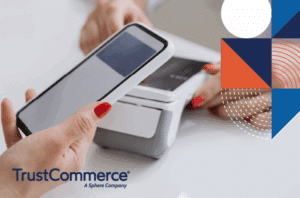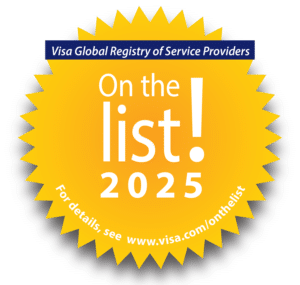Independent software providers (ISVs) in the healthcare space need payments partners that understand the rapidly changing healthcare payments landscape as well as the unique complexities of the medical billing process.
In contrast with other businesses with more straightforward invoicing and billing practices, healthcare systems and providers are challenged with balances depending on the patient’s health plan and deductible, balances not determined until weeks or months after care is given, and patients who often have not been able to plan or budget for their care needs.
Similarly, patients often find themselves confused by the healthcare billing process, with multiple notices of bills and explanations of benefits resulting in uncertainty about what they owe and why.
For ISVs serving healthcare providers, partnering with payment processors who are experienced with the unique healthcare environment can be the difference between having a vendor and a true partner. By making the payment process seamless and convenient for all parties, ISVs can increase customer loyalty, as well as the enhance the “stickiness” of their solutions.
Here are 4 key factors for healthcare ISVs to consider when evaluating payments platform partners:
Omnichannel Platform
Accept payments any way patients want to pay. Convenience is king for consumers, which is why payment processing platforms must offer omnichannel options, including payments via online portals, mobile apps, SMS, email, and IVR as well as traditional methods such as in-person and mail.
COVID-19 has had far-reaching effects on consumer behavior that are likely not yet fully understood, but one thing that’s certain is that the pandemic accelerated demand for a variety of contactless and digital payment options. For example, a recent consumer survey by U.S. Bank revealed that nearly half of patients would like their providers to offer the option to pay via contactless credit or debit card, and nearly 60% said their perception of their providers would improve if they offered contactless options.
Additionally, the platform you choose should support payment types that are specific to healthcare such as Flexible Spending Accounts, Healthcare Savings Accounts and Health Reimbursement Arrangements.
Dedication to Privacy, Security and Compliance
Healthcare has more stringent regulatory compliance obligations than many other industries, which presents unique challenges for the billing and payment processes. Your payments platform must protect data from end-to-end while supporting PCI DSS compliance. Additionally, health care entities must manage myriad privacy requirements – from state laws to the HIPAA Privacy Rule. ISVs that understand these requirements and how their solution helps to support the compliance of their healthcare partners can be crucial to an organizations compliance strategy.
Deep Healthcare Experience
It’s the people who make the difference. Your payments partner should have extensive healthcare experience and be well versed in working with providers, workflows and EHRs. The ability to speak the same language as your customers is a game changer.
Established Partnership Program
Healthcare ISVs need confidence that their payments partner not only has deep experience in healthcare and payments, but also that the partner provides support from implementation to “go live” and beyond. Payments partners should adopt a consultative approach, offering a fast and simple onboarding process, go-to-market support and tailored solutions that drive quicker and better results.
TrustCommerce provides healthcare ISVs with broad payment acceptance functionality, elite-level security, and expert support throughout the payments lifecycle. Learn more about partnering with TrustCommerce.






